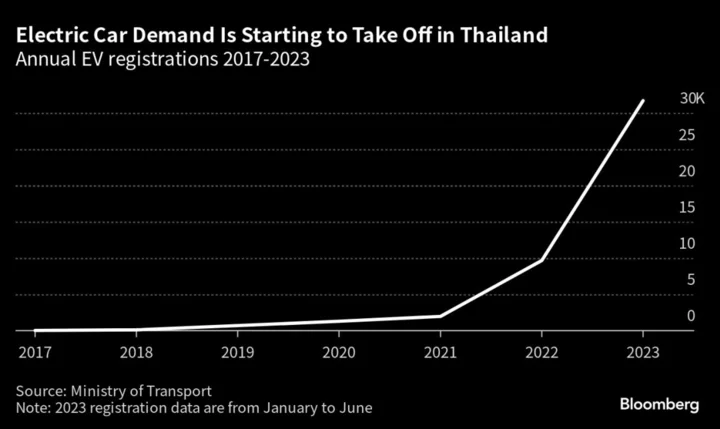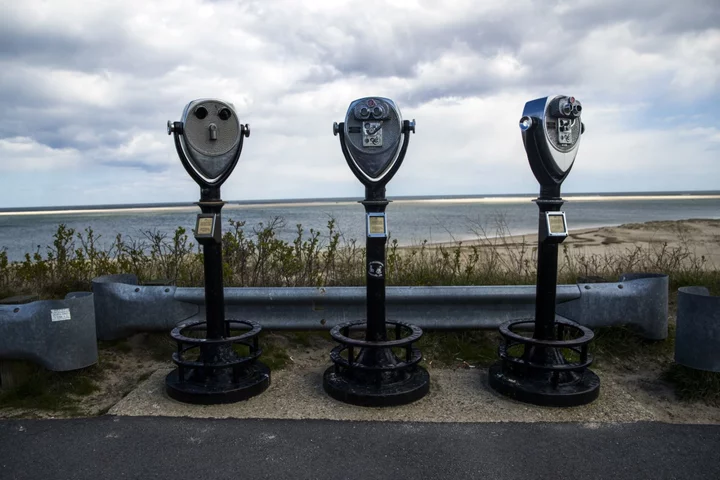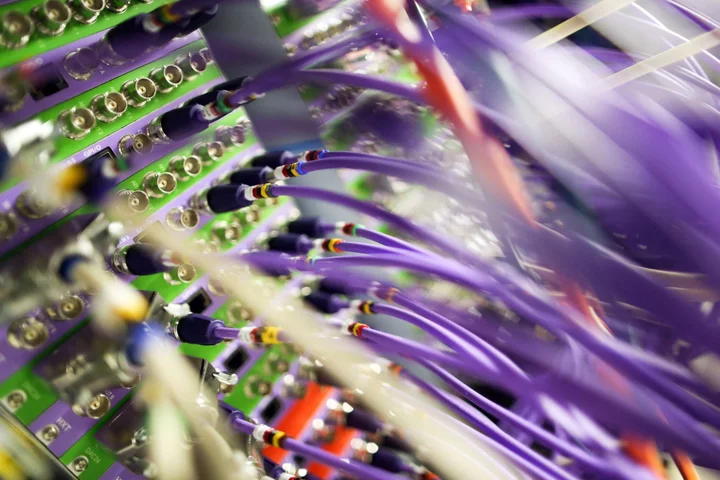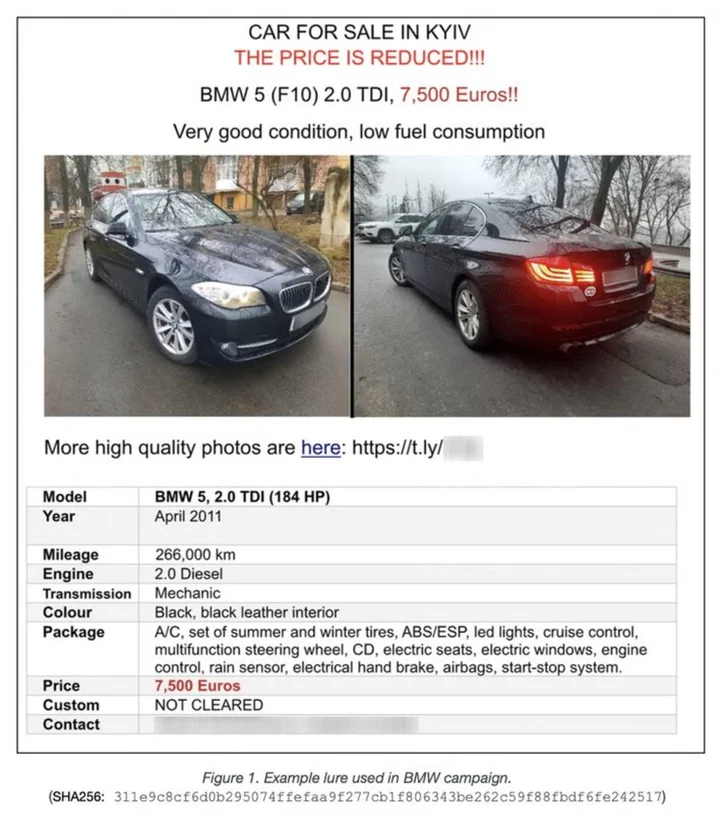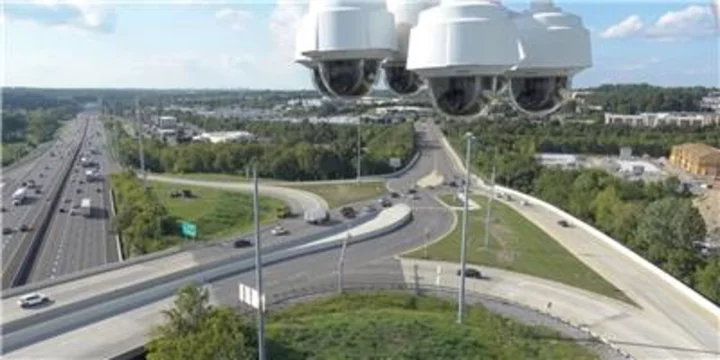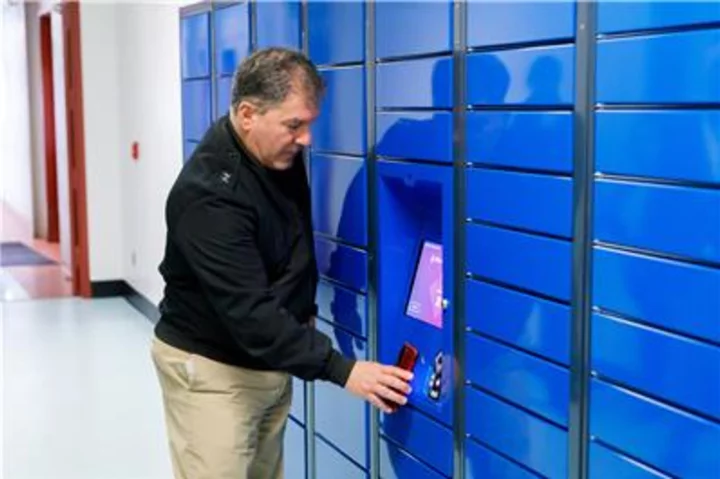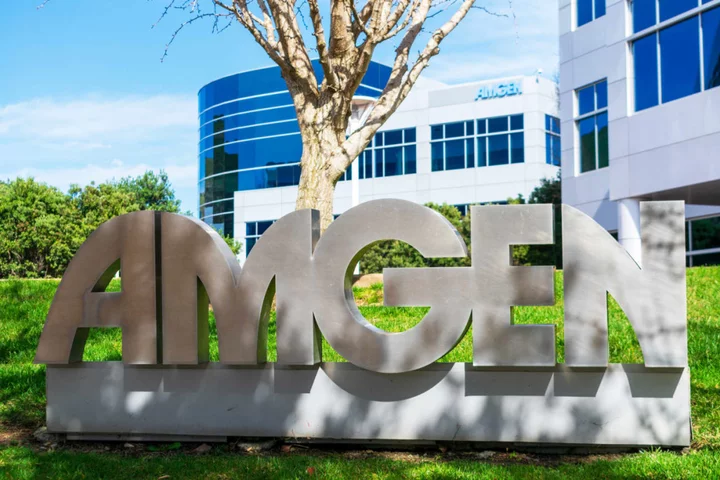Thailand has long been an auto hub, attracting global giants like Toyota Motor Corp. and Ford Motor Co. and earning the moniker of the Detroit of Asia. Now, as the pivot to electric vehicles gathers pace, the country is determined to keep its grip on the economically crucial industry.
The nation has already attracted 75 billion baht ($2.2 billion) from the EV industry, led by a slew of Chinese investments from BYD Co., Great Wall Motor Co. and SAIC Motor Corp. Changan Auto Co. and GAC Aion New Energy Automobile Co. are set to soon finalize their investment plans, and Chery Automobile Co. is also in talks.
Companies investing at least 5 billion baht in EV manufacturing can be exempt from the 20% corporate tax rate for three to eight years. Additional incentives for key EV parts production can get a 50% discount on taxes for a further five years.
And while exports have accounted for the lion’s share of Thailand’s auto output (WTO data values vehicle exports at $22 billion a year), the government is also keen to encourage a domestic EV market, offering subsidies of up to 150,000 baht to help drivers make the switch from gasoline-powered cars.
The next step is to lure battery makers amid stiff competition from the US and Europe, which have rolled out programs like the Biden administration’s Inflation Reduction Act to build a domestic battery industry.
To that end, a multibillion-baht subsidy package is in the works and will be put to the new government for approval, says Narit Therdsteerasukdi, the secretary general of the Thailand Board of Investment, which oversees foreign investment into the country.
Thailand has set a target for 30% of its car production to be clean vehicles by 2030, a strategy dubbed 30@30. That will require annual domestic production of 40 gigawatt hours of batteries, enough to power 725,000 vehicles.
“I believe EVs will be the top agenda of the new government,” Narit said in an interview earlier this month. “Our target is to maintain a champion in Southeast Asia, and be among the top 10 in the world in the EV industry.”
Below is a transcript of the interview that’s been edited for brevity and clarity.
What makes Thailand a compelling place for EVs?
We are located in the heart of the region, near big markets like China and India. Investors can use Thailand as a production and export base with our connectivity to neighboring countries.
We have a very strong supply chain for the automotive industry, with more than 2,000 parts and component suppliers. Thailand has good relations with every country — many people call us the conflict-free zone. During Covid we proved that we can provide resiliency to investors: no lockdown that impacted the industrial sector.
In terms of investment promotion during the past eight years, autos ranked No. 2. Electronics is No. 1, so you can see how important the auto sector is to the Thai economy.
What is Thailand’s ambition when it comes to securing EV manufacturer and supply chain investments?
Earlier this year, we launched our new investment promotion strategy. Our target is to maintain a champion in Southeast Asia, and be among the top 10 in the world in the EV industry.
Thailand is the first country in Southeast Asia to announce aggressive and comprehensive measures that cover both the supply side and demand side.
We provide incentives not only to EV producers, but the whole EV ecosystem. We also promote batteries, key parts, components of battery charging and swapping stations, and software applications.
We promote every segment of the industry including BEV, HEV, hybrid and fuel-cell electric vehicles, and also every type of two-, three-, four-wheelers, motorcycles and also electric bikes.
Are you planning to change some of your incentives?
Because the market has been developing for quite some time, we don’t need to grant the maximum subsidy like in the past. So we will reduce the subsidy and increase the conditions, like battery specifications, because the technology will also develop.
The subsidy will be will be reduced from 150,000 to 100,000 baht per vehicle. The minimum threshold for battery capacity will also be raised from 30 kWh to 50 kWh.
The objective of this measure is to make the price of EVs cheaper, or comparable with internal combustion engine cars.
Demand side stimulation is very important for investors to make a decision to invest in Thailand because this will help create a big EV market in the country.
Do you think you can convince BYD and CATL to take advantage of these battery subsidies?
They are our targets under the battery subsidy package. Under our target 30@30, we need at least 40 gigawatt hours of batteries.
Why does China find Thailand so appealing?
Every country in the world is facing many challenges and uncertainties, especially geopolitical tensions and decarbonization. Thailand has many strengths to respond to these changes, and also to respond to investor needs in the future. That’s why all the spotlight on investment has turned on Southeast Asia, especially Thailand. That’s why I visited China twice this year.
Chinese investors have very strong interest to invest in Thailand, especially in the EV and component parts.

